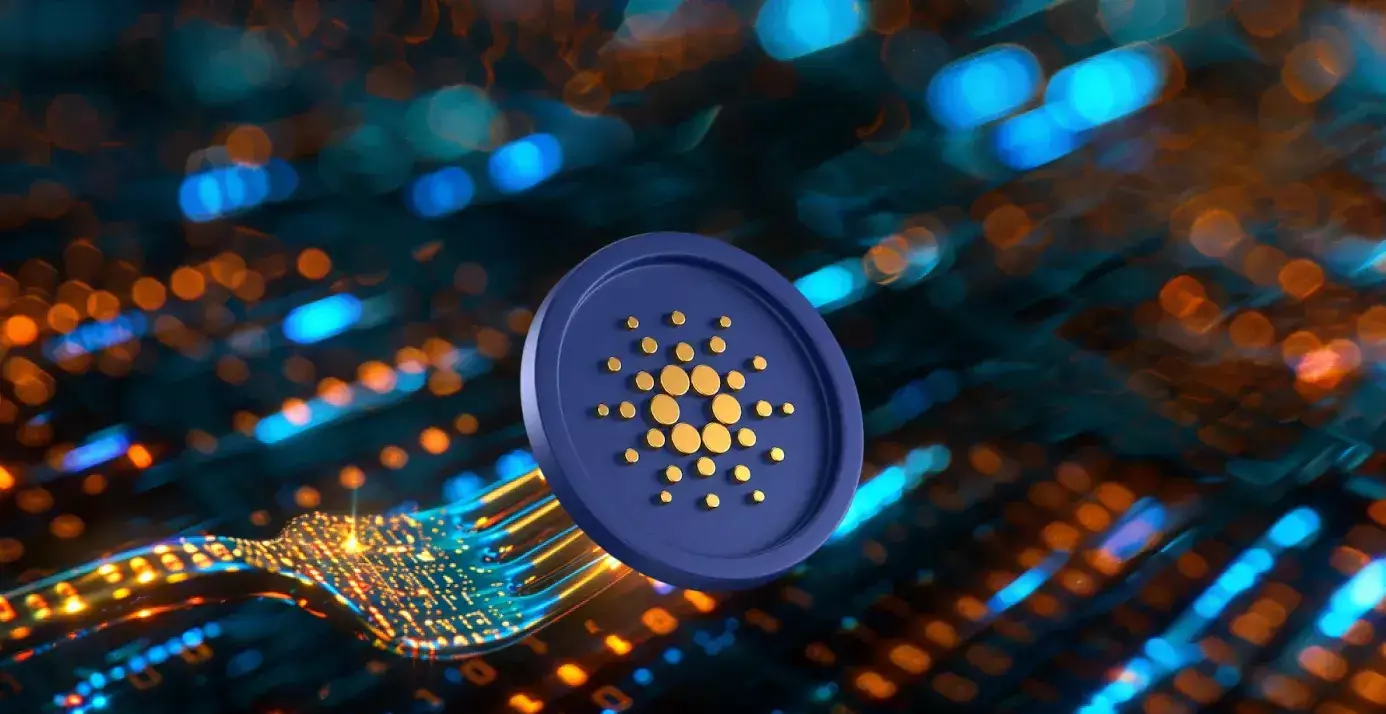Cardano, a blockchain platform founded by Charles Hoskinson, is on a journey towards full decentralization through a series of carefully planned phases called “eras.” Each era is named after influential figures in various fields, such as poets, mathematicians, or computer scientists, and brings new functionalities to the platform through hard forks.
One of the most significant milestones in Cardano’s development is the upcoming Chang hard fork, which marks the beginning of the Voltaire era. This new era will usher in on-chain governance, allowing ADA holders to directly participate in decision-making processes and move the platform closer to achieving full decentralization.
The Chang hard fork introduces several key features to the Cardano ecosystem. One of the most important aspects is the ability for ADA holders to vote on protocol changes and governance actions. This democratization of decision-making empowers the community to shape the future of the platform.
Moreover, Chang brings improvements to Cardano’s smart contract platform with the introduction of PlutusV3. This upgrade includes new cryptographic primitives like BLS12-381 and Keccak-256, which enhance the security and efficiency of transactions on the blockchain. Additionally, bitwise primitives enable developers to optimize data manipulation within smart contracts, leading to faster execution and lower costs for decentralized applications (DApps).
Node operators, especially stake pool operators, play a crucial role in supporting the new governance mechanisms and smart contract improvements introduced by the Chang hard fork. To ensure a successful upgrade, 70% of the network’s stake pool operators must migrate to version 9.1. The rapid adoption of the new version since its release on July 25 indicates strong community support for the changes.
As of August 5, around 63.7% of operators have upgraded to version 8.0, while 1.3% remain on version 9.0, and approximately 35% are already using version 9.1. This level of adoption is a positive sign for the successful implementation of the Chang hard fork.
Historically, the price of ADA has experienced fluctuations following major upgrades to the Cardano network. While the Allegra upgrade saw a significant price increase of 133%, other upgrades have led to a decline in ADA’s value. Removing the outlier, the average price change post-upgrade reveals a negative trend of -14.74%.
With the Chang hard fork on the horizon and the current market conditions uncertain, predicting the exact impact on ADA’s price is challenging. However, based on historical trends, there is a possibility of a -15% price drop in the month following the upgrade. It is essential to approach such market speculations with caution and conduct thorough research before making any investment decisions.
Cardano’s Chang hard fork signifies a significant step towards achieving full decentralization and empowering the community to actively participate in governance. The exciting developments brought by this upgrade pave the way for a more robust and efficient blockchain ecosystem, positioning Cardano as a key player in the crypto space.


Leave a Reply